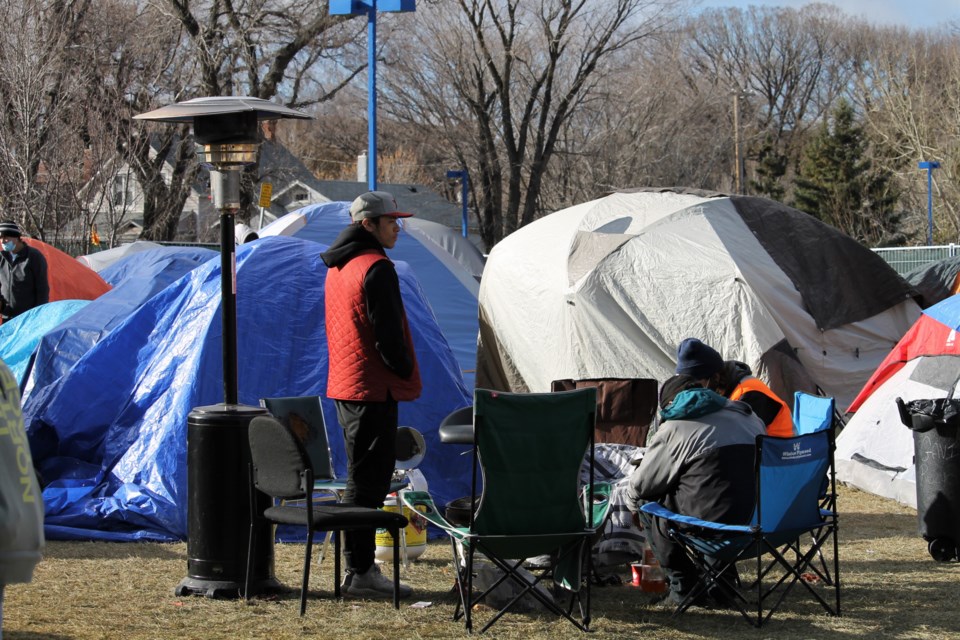REGINA — Saskatchewan has reversed recent changes to the provincial income support program, after an outpouring of public criticism and pushback.
The Saskatchewan Income Support program will return to providing payments directly to landlords to shelter benefits, including rent and utility payments, on behalf of clients.
The Ministry of Social Services had altered the program effective August 2021, when benefit payments began delivering to clients instead of landlords.
Following the change, many voices stepped up to advocate for clients who were being negatively impacted by the change, including the Federated Sovereign Indigenous Nations and advocates supporting those at risk of homelessness.
“This [change] is a major concern, especially for those who have limited to no knowledge and experience budgeting and managing their own money, including those who are suffering from addictions and mental health issues,” said a statement from the FSIN.
The change placed some individuals in the province at a disadvantage that led to homelessness, said Erica Beaudin, executive director at the Regina Treaty Status Indian Services.
The RTSIS organized support for Regina’s Camp Hope, a tent encampment that sprung up in a park in the city in October to shelter those in need. Many residents of Camp Hope said their vulnerable position was affected by the changes to SIS.
“The fact that [these individuals] are still here, even under these circumstances, shows they want to live better lives, but they need better services and they, from our perspective, need to be appreciated for the human beings they are,” said Beaudin, during a press event on Nov. 1.
The province said the change back to the previous delivery method for SIS is meant to support “clients with complex challenges who are at risk of homelessness.”
FSIN vice-chiefs David Pratt and Heather Bear, along with Beaudin, previously said that more additional supports are needed to complement the SIS program, including more addictions treatment availability and mental health support options.
In addition to adjusting the SIS program, the ministry is also investing an additional $113,000 this fiscal year to expand services.
Money management and trusteeship programs, organized by community-based organizations in contract with the ministry, will be boosted by 25 per cent.
"While the majority of clients have been successful in managing their money and paying their own bills, we recognize that some clients with high needs require additional support, and we're providing it,” said Minister of Social Services Lori Carr.
The announcement precedes moving day for Camp Hope, which has secured an agreement with the City of Regina to utilize an indoor facility in the city as an emergency shelter. Organizers began to move the outdoor encampment today.




